During her concert at the Ziggo Dome in Amsterdam, Netherlands, Madonna shared with fans about a heart-crushing moment when she held a friend's hand as he died from AIDS.
She delivered her powerful speech on December 1, which was World AIDS Day, designated since 1988 to raise awareness of AIDS and in remembrance of those who've died of the disease caused by the spread of HIV (human immunodeficiency virus) infection.
A long-time ally of the LGBTQ+ community, Madonna emerged onto the music scene just after the global AIDS epidemic started in 1981.
She used her celebrity to raise awareness of the disease and became a major pro-LGBTQ+ activist and advocate for AIDS research after losing close friends, including artist Keith Haring, who died of AIDS.
The 65-year-old Queen of Pop is currently traveling around the world celebrating four decades of music with her Celebration Tour.
One powerful segment from her show is when she sings her 1986 ballad "Live to Tell" as the visuals on stage display the faces of the friends she has lost to AIDS.
She asked the audience at her show:
“Today is World AIDS Day. Do you know that?”
“Is that important to anybody? Maybe it seems like it’s so far away that it doesn’t mean anything."
“But let me explain something to you. There is no cure for AIDS."
"People still die of AIDS. Did you know that?”
In response, a handful of people answered, "Yes."
To which the singer responded:
“Just five people said ‘yes.'"
Here is a clip of her speech.
In 1978, Madonna dropped out of college and moved to New York City with $35 in her pocket to pursue a dance career.
After finding an apartment and settling in the East Village, she gradually formed close bonds with other artists and found her chosen family as she continued to navigate her way to establishing a music career.
But little did she know then that a major health threat was looming and would upend the lives of many of her friends in her community.
She recalled:
“When I first came to New York, I was lucky enough to eventually meet and become friends with so many amazing artists, musicians, painters, singers, dancers, the list goes on and on."
“And then one day, people started getting sick, and nobody could understand what was happening… people were just starting to lose weight, people were dropping like flies.”
"They were going to the hospital. Nobody understood what was happening."
Madonna addressed members of the younger generation in the audience about a time well before significant progress was made toward LGBTQ+ equality, when being gay was considered a stigma and society blamed the AIDS epidemic on homosexuals.
“The news started calling it ‘the gay cancer’ because it was predominantly in the gay community. Which was a terrible shame because, I don’t know if you understand this right now but in the early 80s, it was not cool to be gay."
"It was not accepted to be gay. Did you know that?”
“Or do you just take it for granted right now?”
Some members of the crowd shouted, "No!" as Madonna continued:
“So to be able to stand up and say ‘I am a homosexual’ was a very brave action, a very brave action. A very brave and courageous thing to do."
"Can you imagine what it was like in that time when being gay was considered sinful and disgusting? When suddenly the vast majority of the gay community started dropping like flies and people were dying everywhere?”
“When I say 'People were dying everywhere,' I’m not exaggerating."
"Every day I would wake up and hear a new story, a new friend, I’d be visiting someone new, I’d be sitting by their bedside watching them die. Hundreds and hundreds."
“Meanwhile, nobody in the medical community wanted to do anything about it, because they said, ‘F'k it, they’re f*gg*ts, they deserve to die.’"
“It was a pretty devastating, scary time. And I personally lost so many friends, so many loved ones."
"I would have cut off my arms if I could have found a cure for them to live.”
@Martiijnn Say what you want about her but her activism for HIV/AIDS education and awareness cannot be dismissed. She was THERE. She saw it from the very beginning and lost many loved ones. She stood with them when many wouldn't. She deserves respect for this.— (@)
"I watched so many people die," she said becoming emotional, adding that no demographic was safe from the disease.
"Male and female, children, straight, gay, etc. because in those days people didn't test blood in the hospital for blood transfusions."
"So children were also ostracized if they had HIV. I don't know if you know that."
The singer said it was a devastating time for her as she witnessed a whole generation being wiped out.
She then opened up about her close friend Martin Burgoyne, an up-and-coming artist who died in 1986 at the age of 23.
"And I watched my very best friend, Martin, die," she said, adding:
“I was holding his hand. He was suffering so much; he could barely breathe."
"He wanted me to play Maria Callas… And I did."
"And I said, ‘Please, Martin, let go.’ And I watched his spirit leave his body.”
You can watch a clip of "Live to Tell" from her concert in the clip below.
Live To Tell - Madonna 4K - (Live at the O2 - 14/10/2023) #celebrationtouryoutu.be
She explained that his face was the first shown in the succession of tribute images on the screens displayed as she sang "Live to Tell."
“I don't know if you know this but during 'Live to Tell,' he is the first face that appears."
"And then there were so many others afterward."
“I’m not saying this because I want you to feel sorry for me," she said.
"I want you to recognize how lucky you are right now to be alive!”
Our Queen.
The North American leg of her Celebration Tour kicks off on December 13 at the Barclays Center in Brooklyn, New York, before hitting other U.S. cities–including stops in Washington D.C., Boston, Chicago, Seattle, Los Angeles, Denver, Dallas, and Miami.

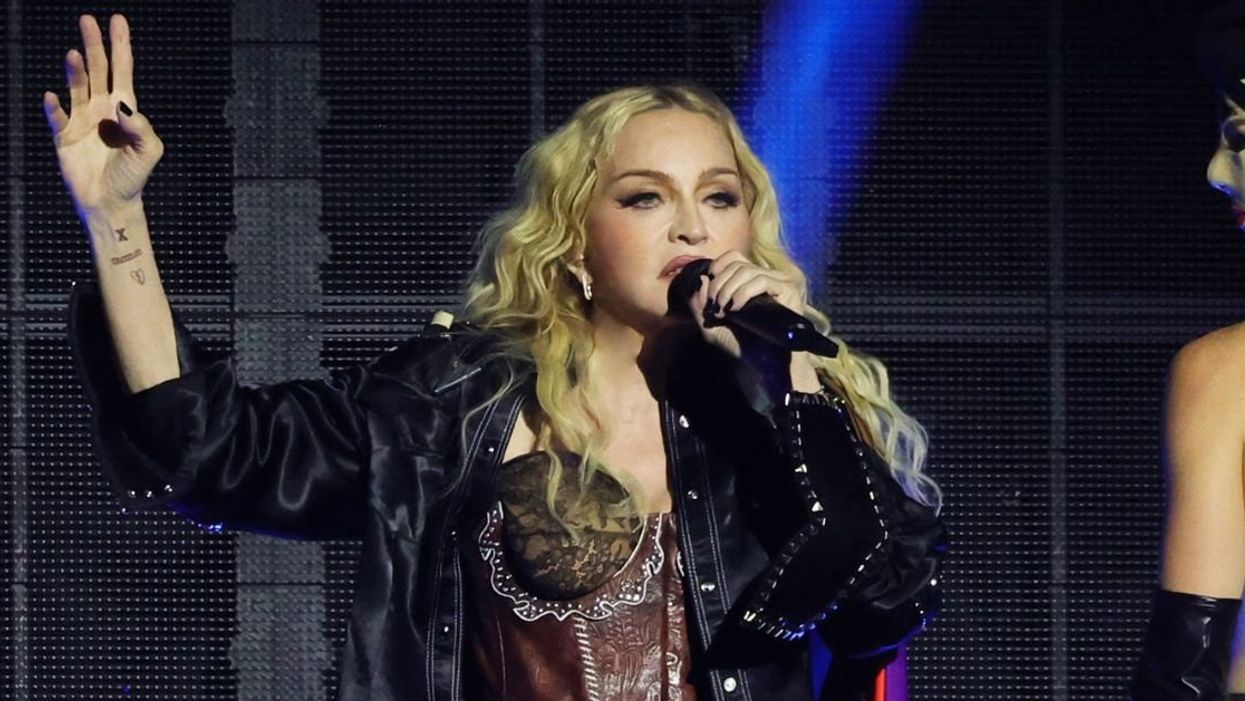

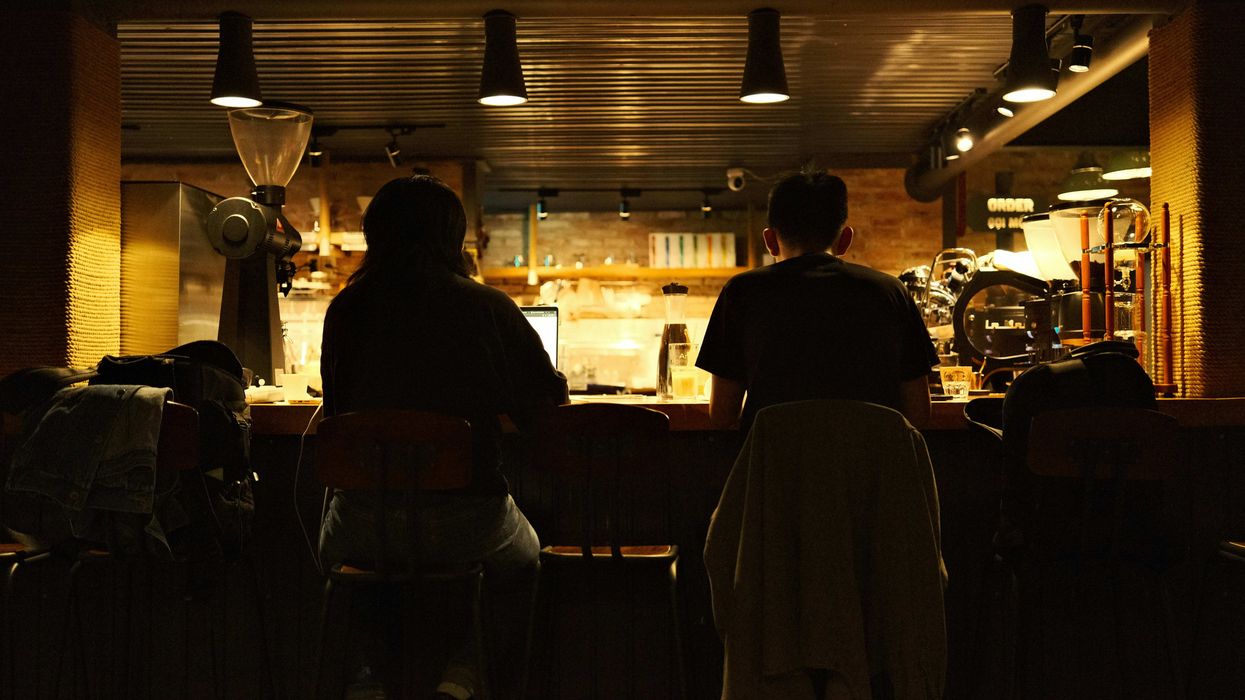
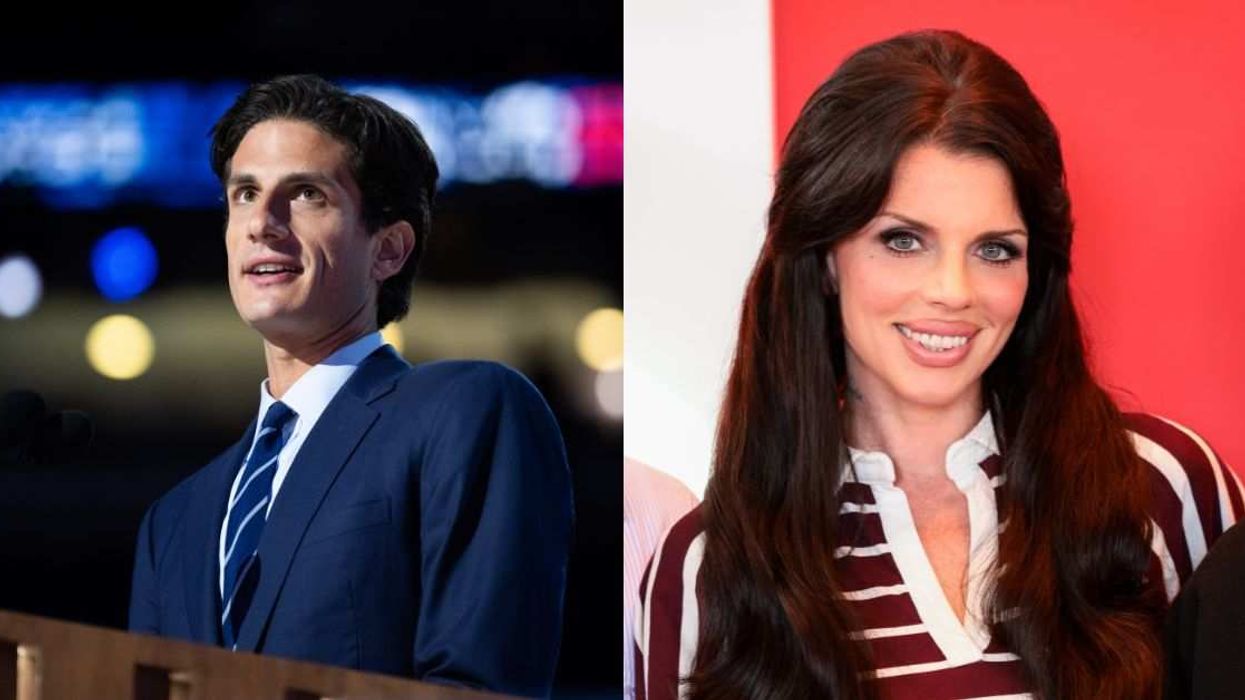
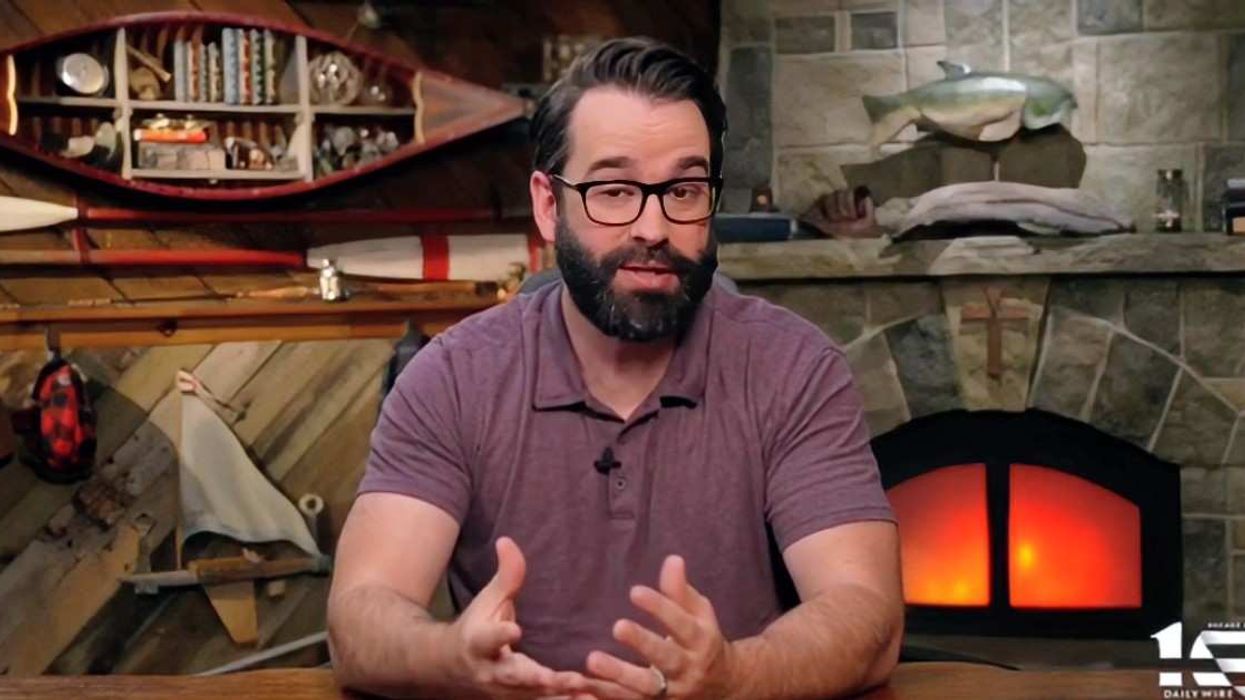
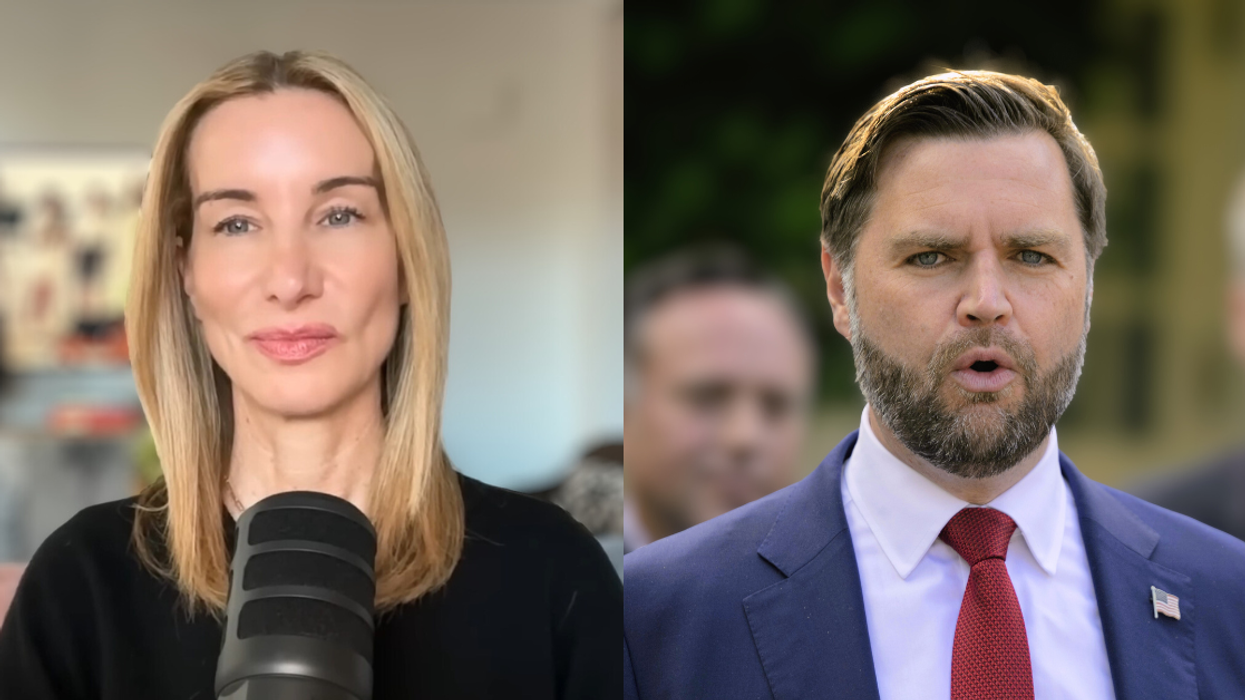
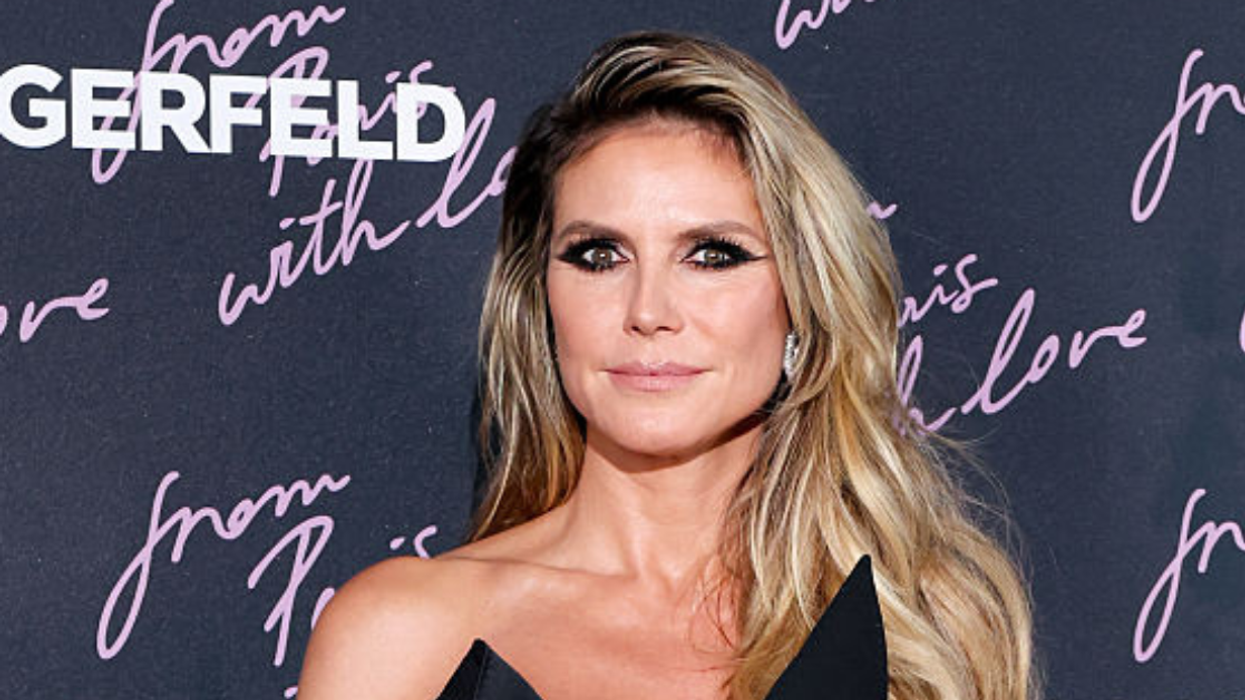




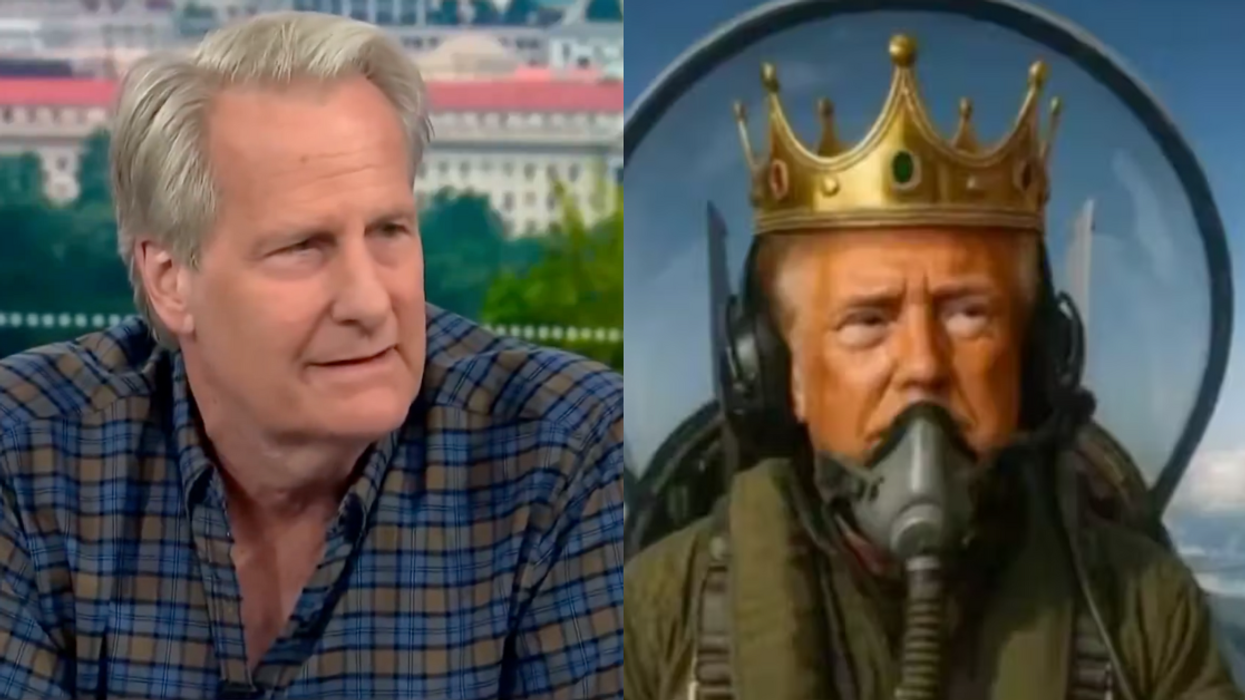
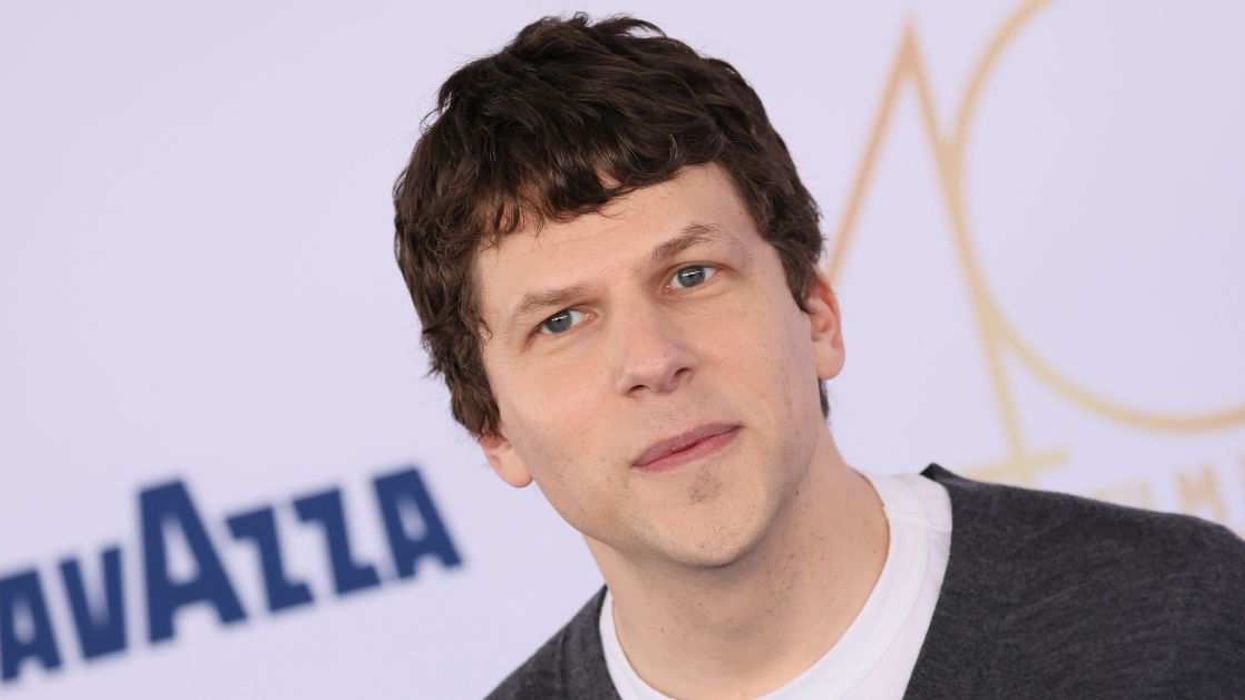
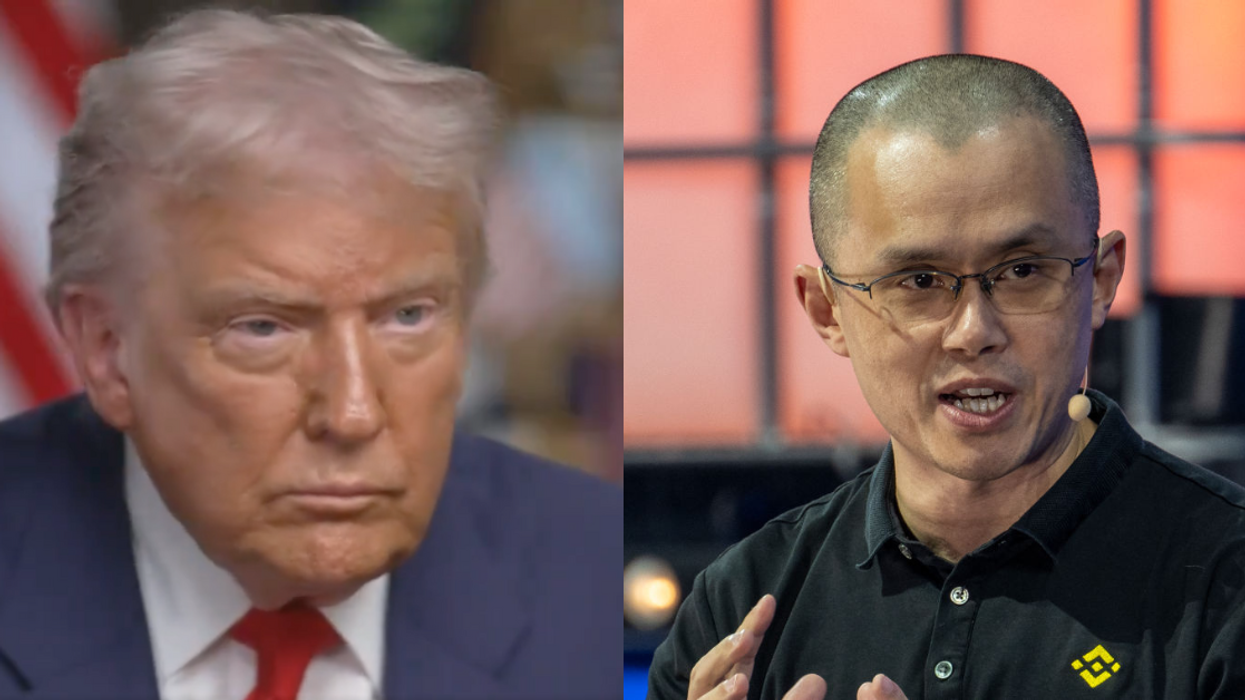
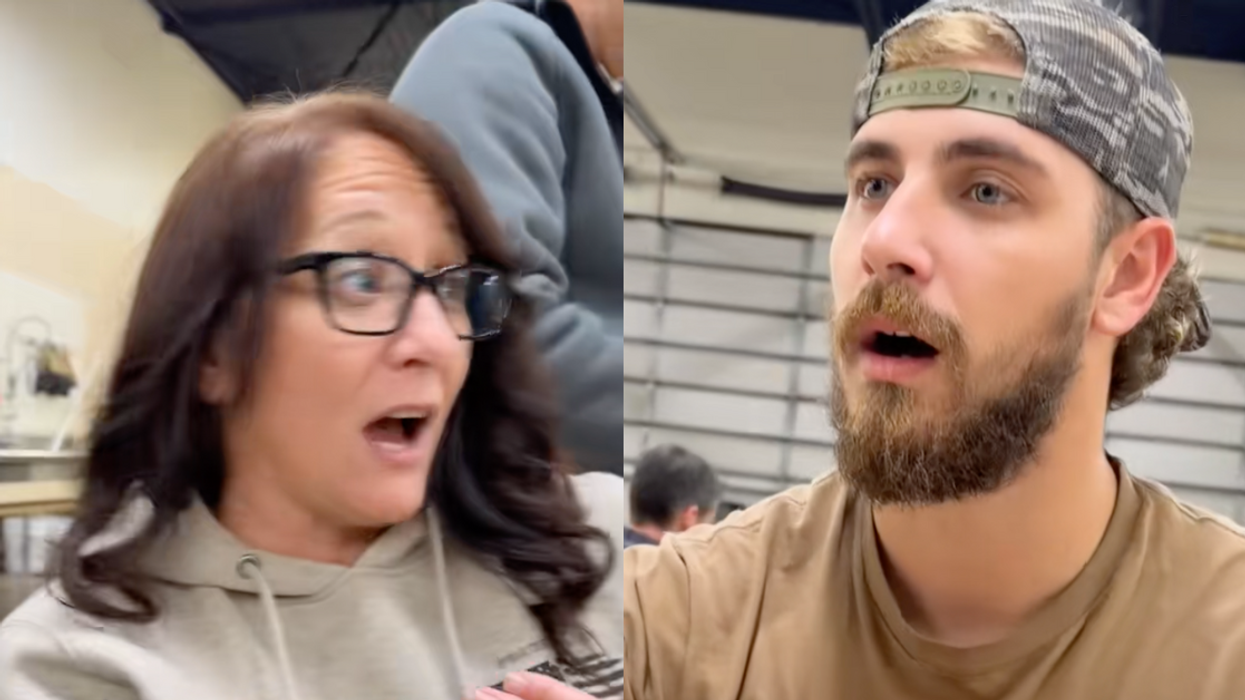
 @vanessa_p_44/TikTok
@vanessa_p_44/TikTok @vanessa_p_44/TikTok
@vanessa_p_44/TikTok @vanessa_p_44/TikTok
@vanessa_p_44/TikTok @vanessa_p_44/TikTok
@vanessa_p_44/TikTok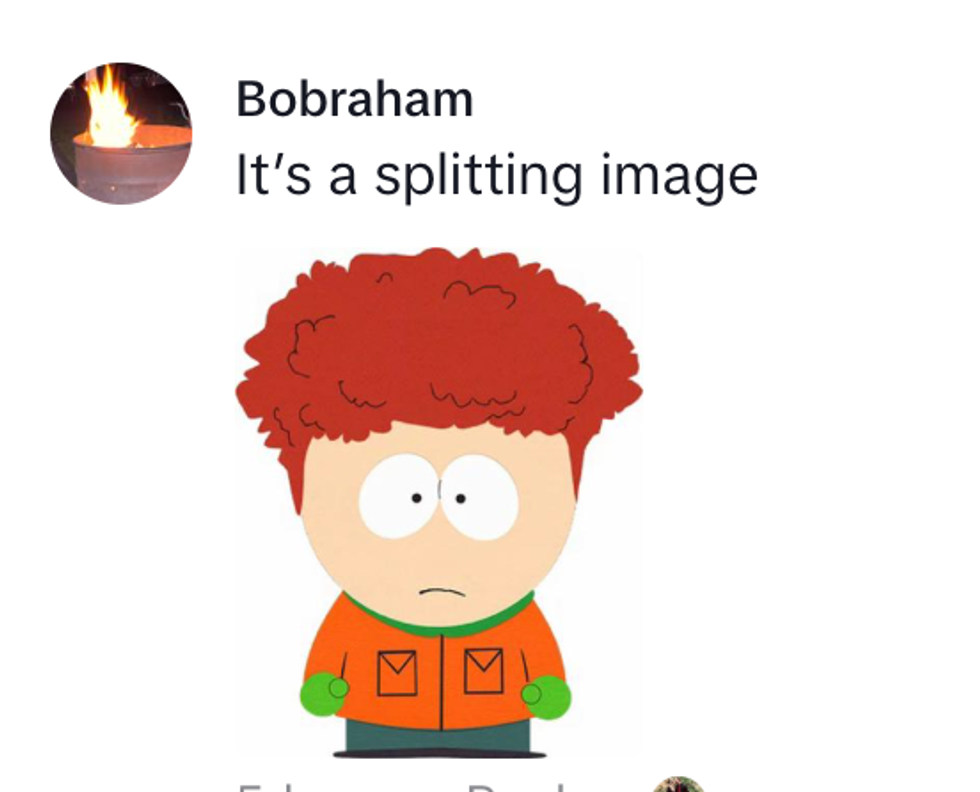 @vanessa_p_44/TikTok
@vanessa_p_44/TikTok





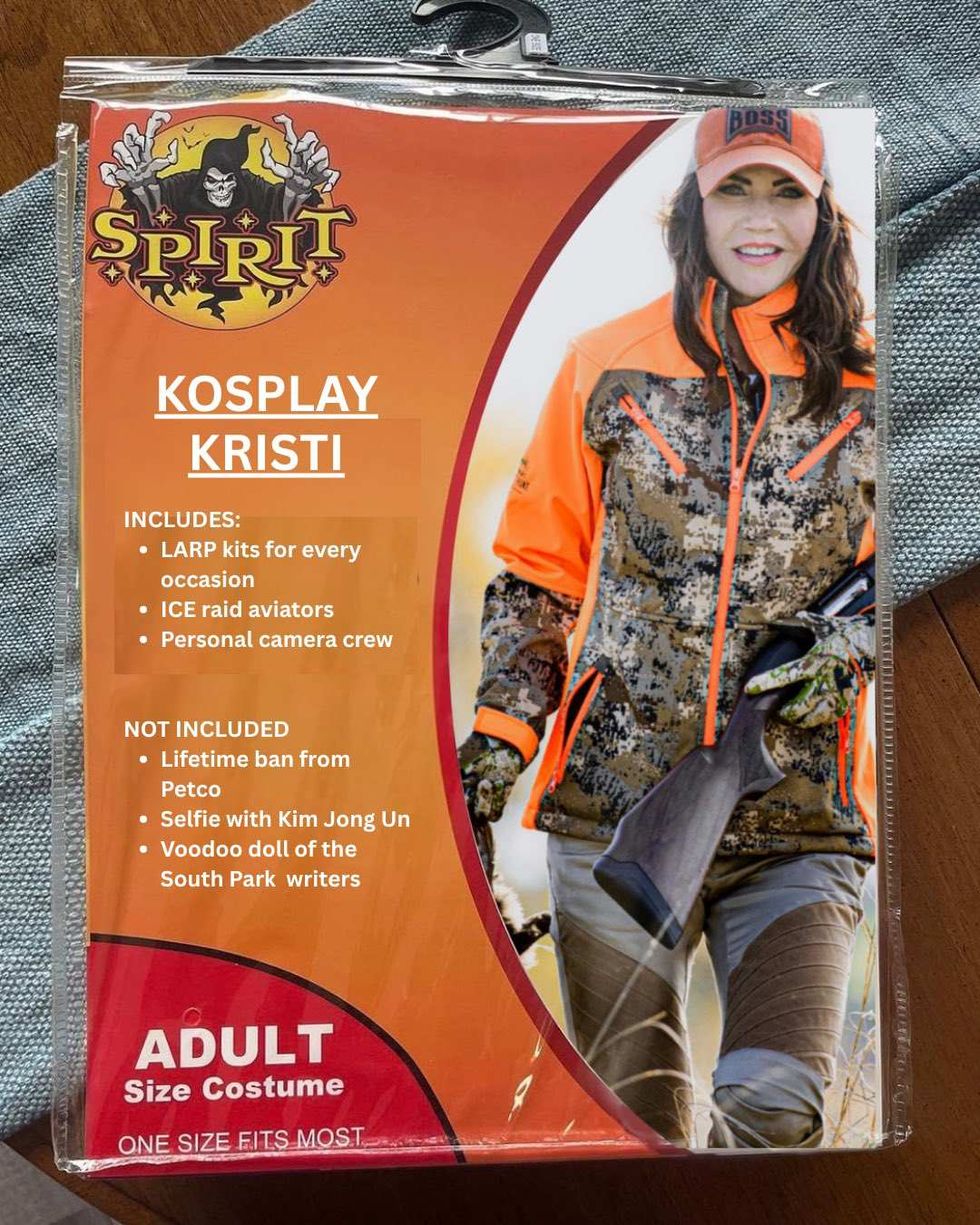 @GovPressOffice/X
@GovPressOffice/X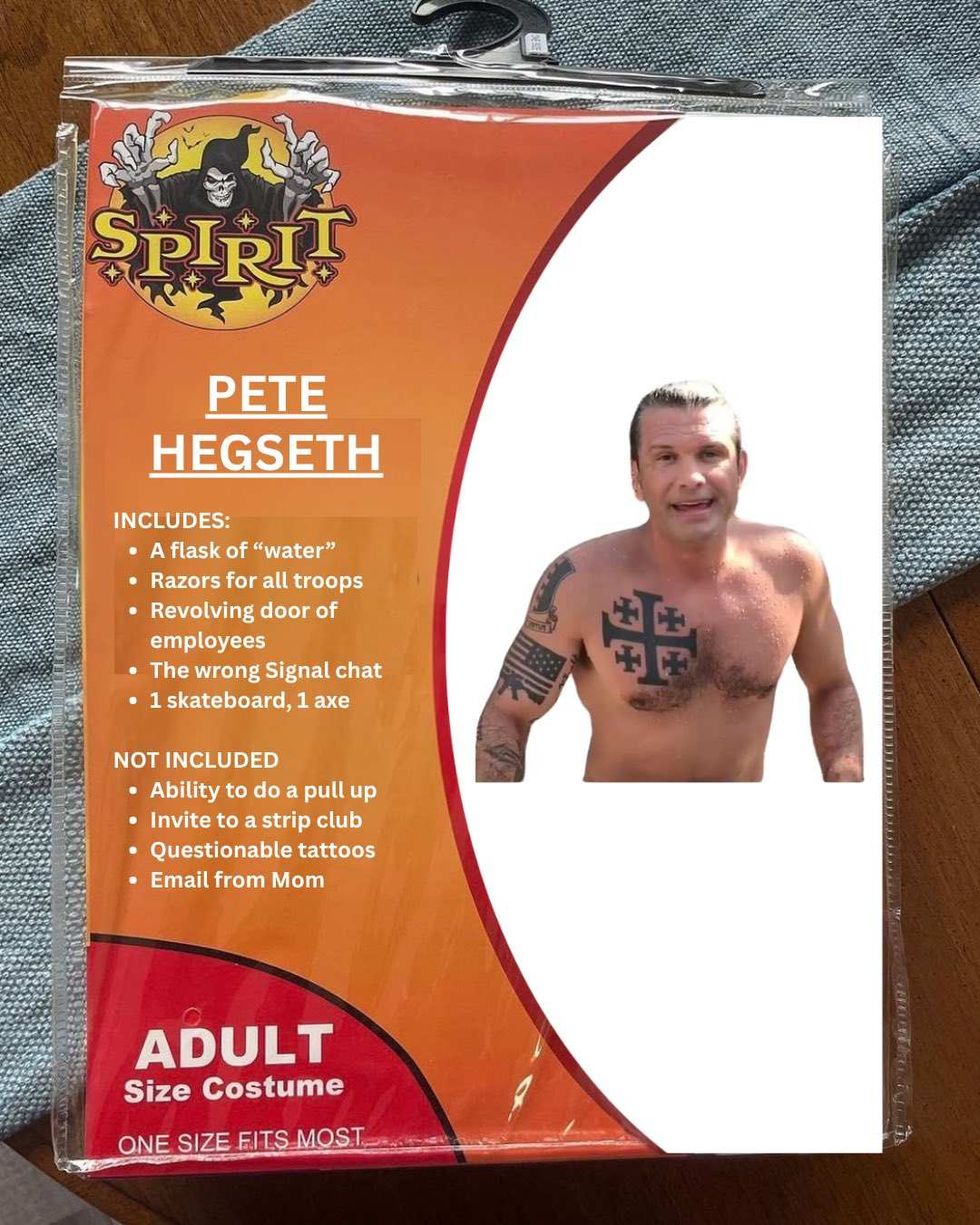 @GovPressOffice/X
@GovPressOffice/X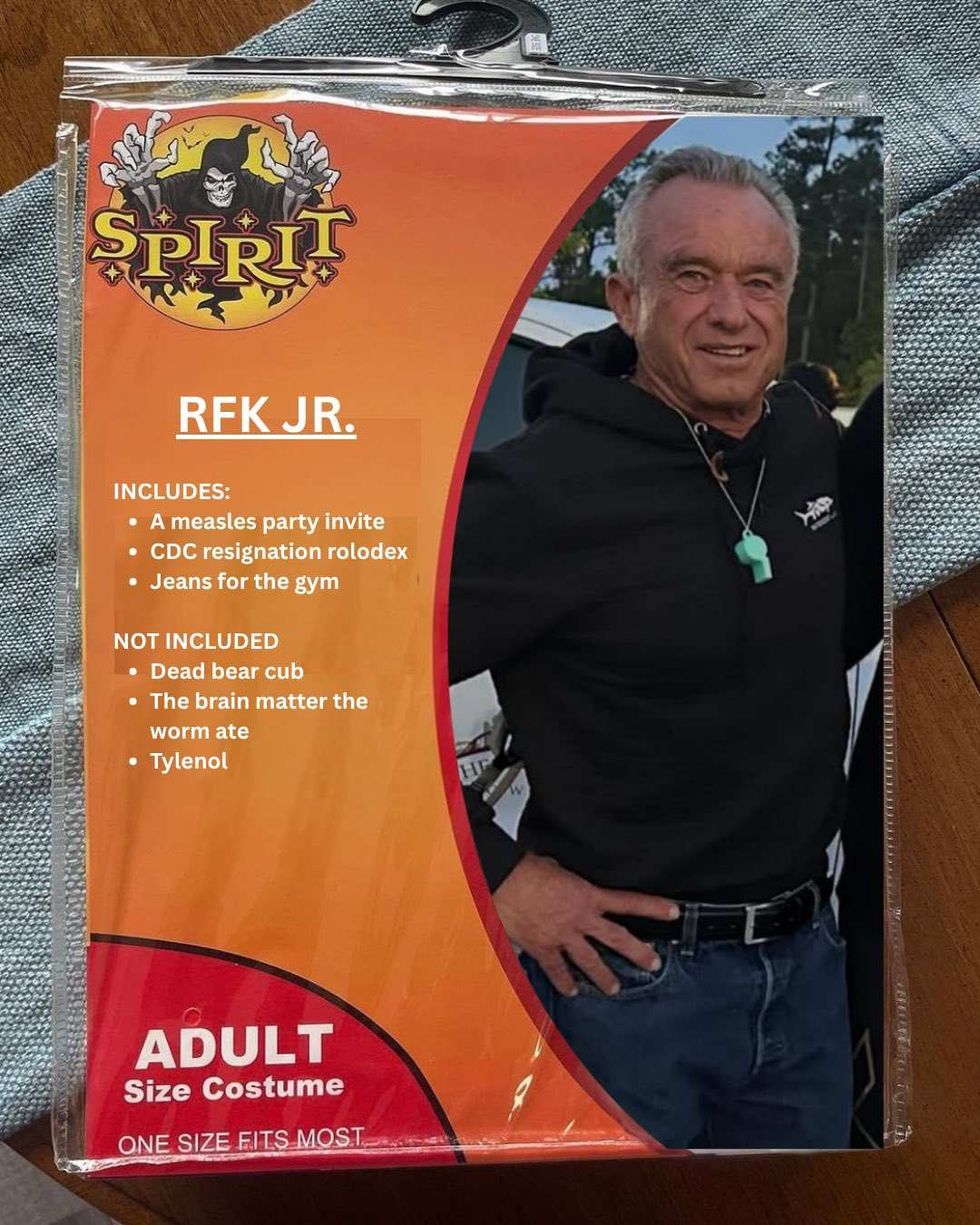 @GovPressOffice/X
@GovPressOffice/X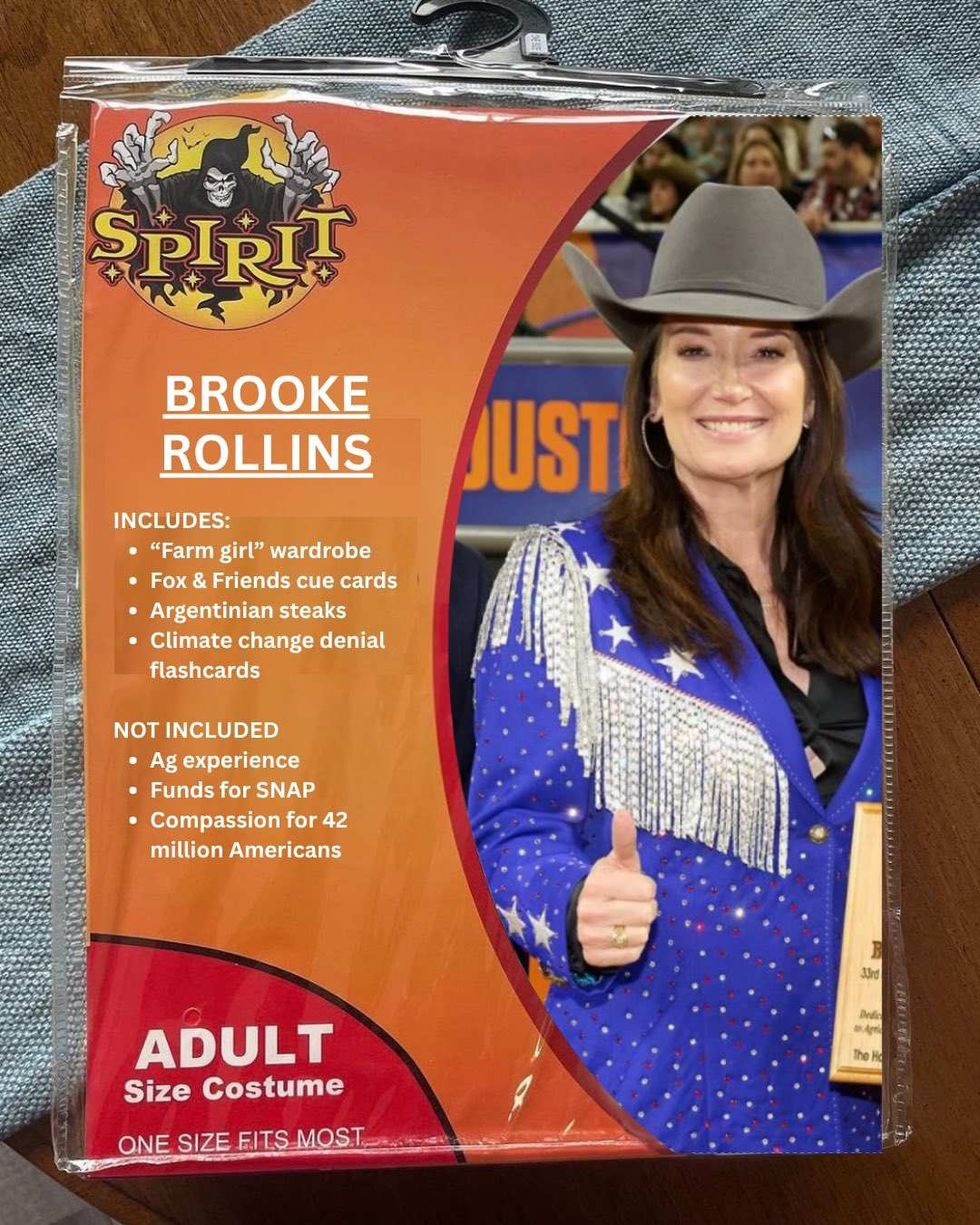 @GovPressOffice/X
@GovPressOffice/X